Hastelloy vs. Stainless Steel in Chemical Processing Equipment: CNC Machining Perspectives?
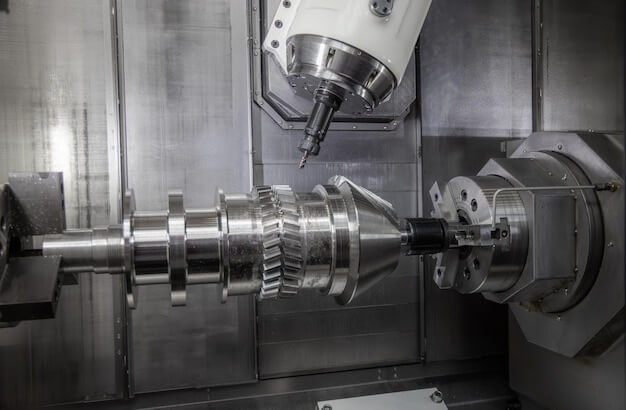
Hastelloy vs. Stainless Steel in Chemical Processing Equipment: An Introduction In the realm of chemical processing equipment, two commonly used materials include Hastelloy and stainless steel. Hastelloy, a reputed superalloy for its exceptional resistance to severe corrosion environments, is composed of nickel, molybdenum, and chromium with small amounts of other elements such as tungsten or […]
Hardened Steel Grades for CNC Machining: Which Offers the Best Balance Between Durability and Machinability?
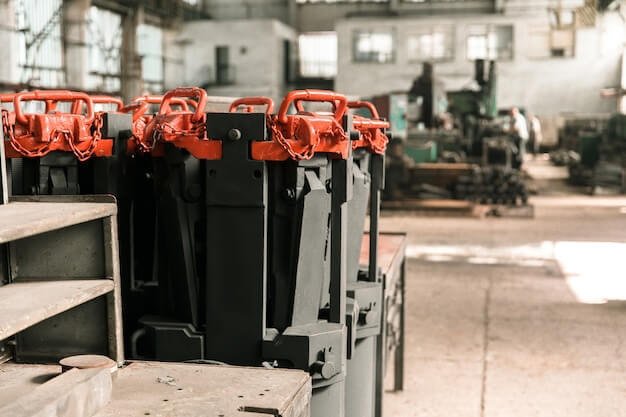
Introduction: Understanding CNC Machining and its Significance CNC machining, short for Computer Numerical Control machining, plays an integral role in the construction and manufacturing industries. This advanced technology eliminates manual intervention by automating the controlling processes of complex machines through computers. Primarily, it is used for cutting hard materials like steel into different shapes and […]
The Impact of Surface Finish in CNC Machining: Aluminum vs. Stainless Steel?
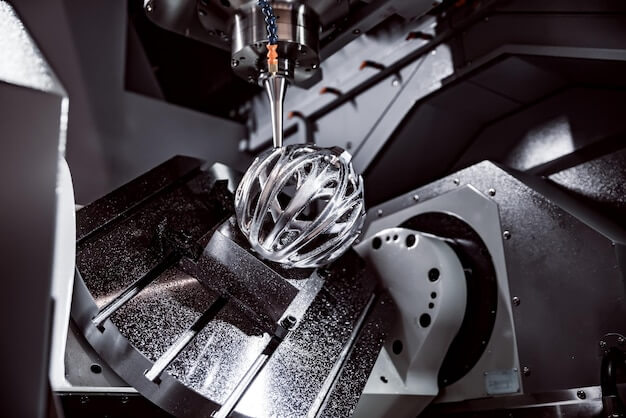
Introduction to CNC Machining and Surface Finish Importance CNC machining, or Computer Numerical Control machining, is a manufacturing process involving pre-programmed computer software that maneuvers factory machinery and tools. A significant feature of this technique is its ability to control a range of complex machinery, from grinders to mills and routers – with precision, speed, […]
PEEK Plastic in CNC Machining: Is It a Viable Alternative to Metals for High-Performance Parts?

Introduction to PEEK Plastic and CNC Machining The realm of material science welcomes a game-changing contender, popularly known as PEEK (Polyether Ether Ketone) plastic. A high-performance thermoplastic, PEEK boasts remarkable mechanical properties such as high-temperature stability, excellent chemical resistance, superior strength, stiffness and durability. It provides an edge for industries that necessitate robust materials with […]
Enhancing the Mechanical Properties of CNC Machined Parts through Material Blending
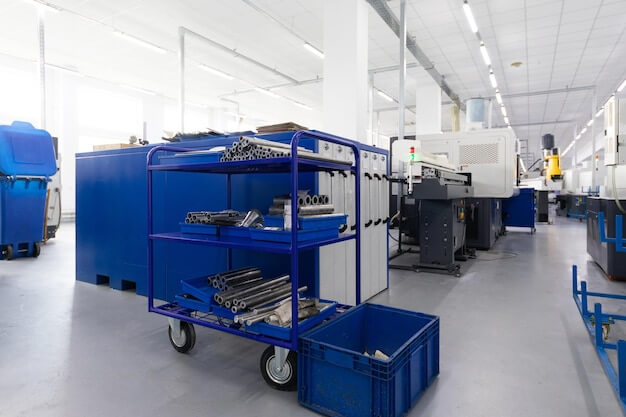
Introduction to CNC Machining Computer Numerical Control (CNC) machining stands as a cornerstone in modern manufacturing, enabling the precise and automated production of complex parts. This process relies on computerized controls and machine tools to remove layers from a solid block of material, thus shaping the desired part. The significance of CNC machining lies in […]
Thermal Management in CNC Machining: Selecting Materials for Heat Dissipation

Introduction to CNC Machining and Thermal Management CNC machining stands as a cornerstone in modern manufacturing, utilizing computer numerical control to operate machine tools with high precision. This process is pivotal for creating intricate parts with tight tolerances across various industries. A critical aspect often overlooked is thermal management within CNC machining processes. Effective thermal […]
Leveraging the Strength and Lightness of Carbon Fiber Materials in CNC Machining for Automotive Racing Parts
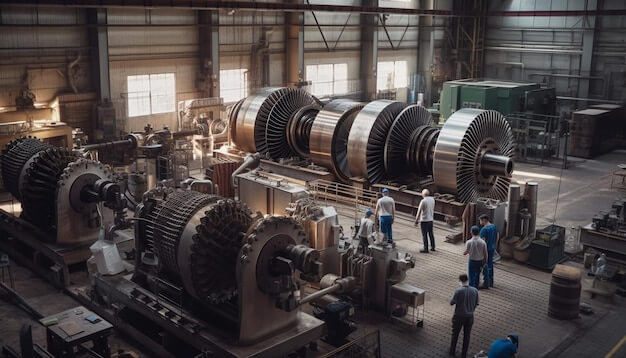
Carbon Fiber Materials and CNC Machining in Automotive Racing Parts Manufacturing Carbon fiber materials, often regarded as a pinnacle of materials due to their impressive strength-to-weight ratio, are crucial in the realm of automotive racing parts manufacturing. These materials boast excellent rigidity and fatigue resistance, making them exceptional for high-stress environments found in motor sports. […]
Inconel vs. Monel for CNC Machining: Understanding the Differences and Applications?

Inconel vs. Monel: Definitions and Primary Uses In the realm of CNC machining, two materials that are often compared due to their unique properties are Inconel and Monel. Inconel is a class of superalloys made predominantly from nickel and chromium. This combination results in formidable resistance to extreme temperatures and corrosive mediums, making Inconel a […]
The Pros and Cons of Using Copper Alloys in CNC Machining Projects
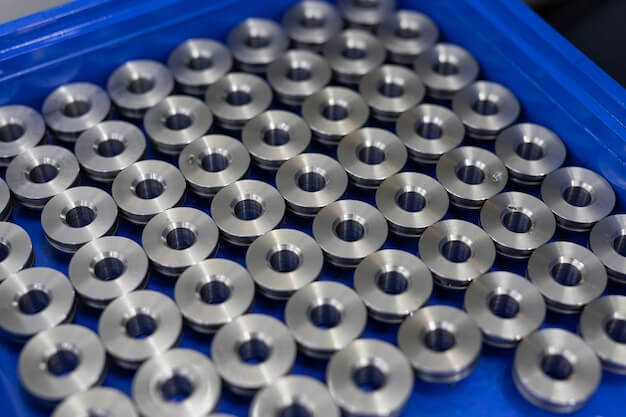
Introduction to Copper Alloys and CNC Machining In the realm of materials suitable for manufacturing operations, copper alloys have emerged as a viable contender. Noted for their excellent thermal conductivity, corrosion resistance, and mechanical strength, they form an integral part in producing various components through a process known as Computer Numerical Control (CNC) machining. CNC […]
CNC Machining Materials Comparison: Acrylic vs. Polycarbonate – Which is Superior?
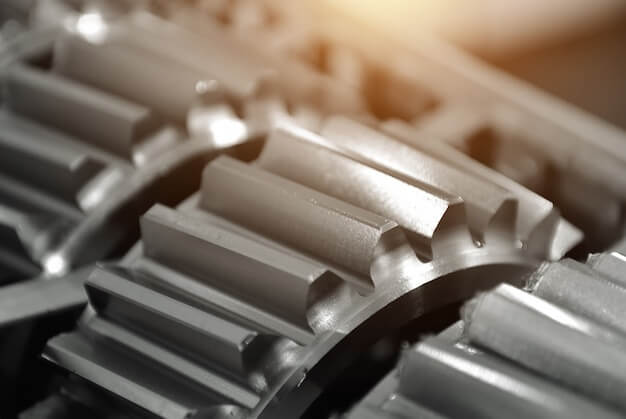
CNC Machining Materials: Acrylic vs. Polycarbonate Computer Numerical Control (CNC) machining is a manufacturing process where pre-programmed computer software dictates the movement of factory tools and machinery. Two common materials used in CNC machining are acrylic and polycarbonate – both thermoplastics with unique characteristics that lend themselves to certain applications. Acrylic, also known as Plexiglass, […]
Ceramic Inserts for CNC Machining: Are They Worth the Investment?
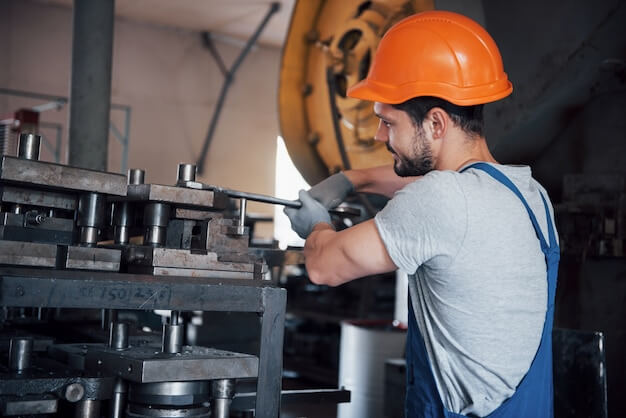
CNC Machining and Ceramic Inserts: A Brief Introduction The Computer Numerical Control (CNC) machining process is a technology-driven manufacturing technique that utilizes pre-programmed computer software to control the movement of machinery, ensuring high precision in finished products. This method enables complex designs that would be difficult to achieve with manual operations. One critical component often […]
The Impact of Surface Finish in CNC Machining: Aluminum vs. Stainless Steel?
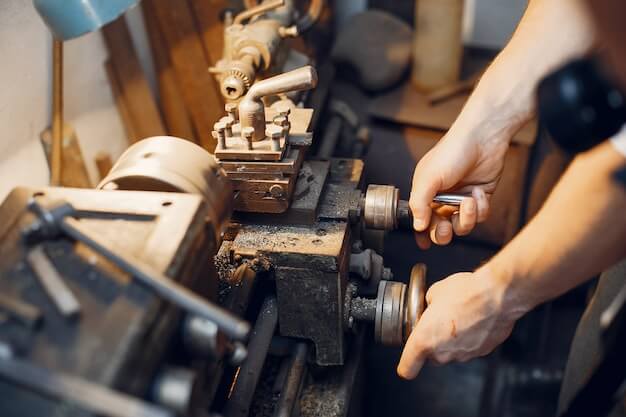
Introduction to CNC Machining and Surface Finish with a Focus on Aluminum and Stainless Steel Computer Numerical Control (CNC) machining is a vital manufacturing process used in creating complex parts out of various materials. It employs computer-programmed machines to execute precise movements for cutting, shaping, or forming these materials. A crucial aspect of this process […]

